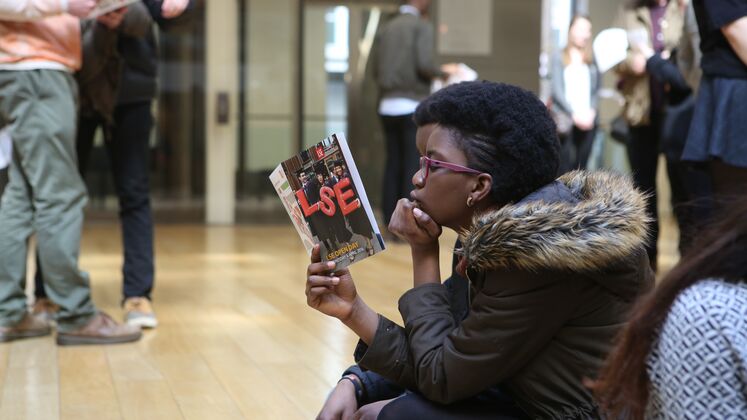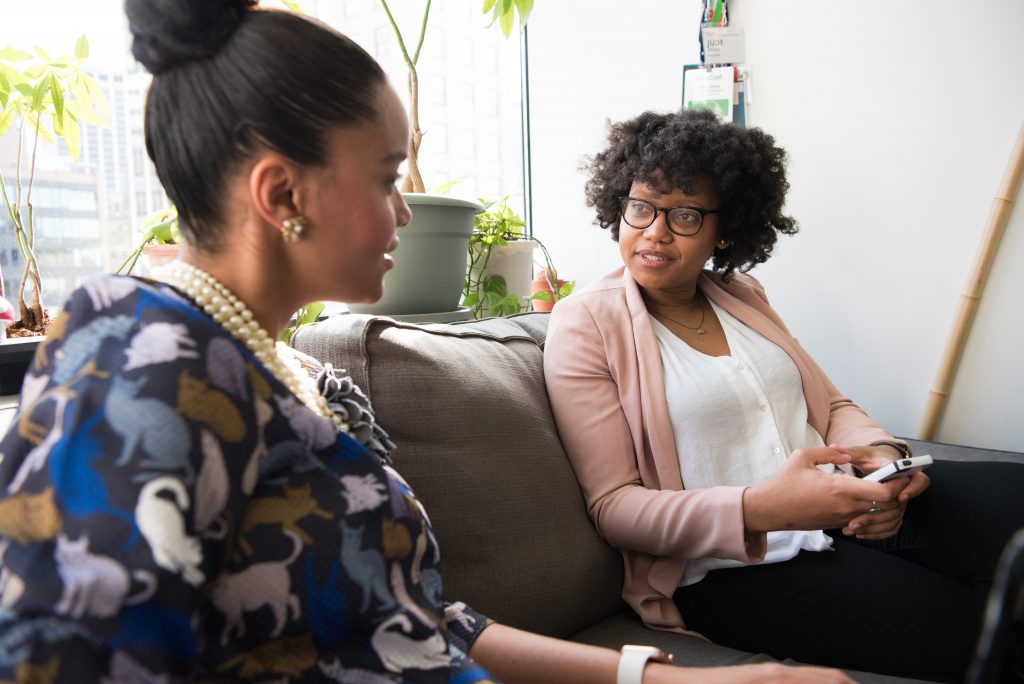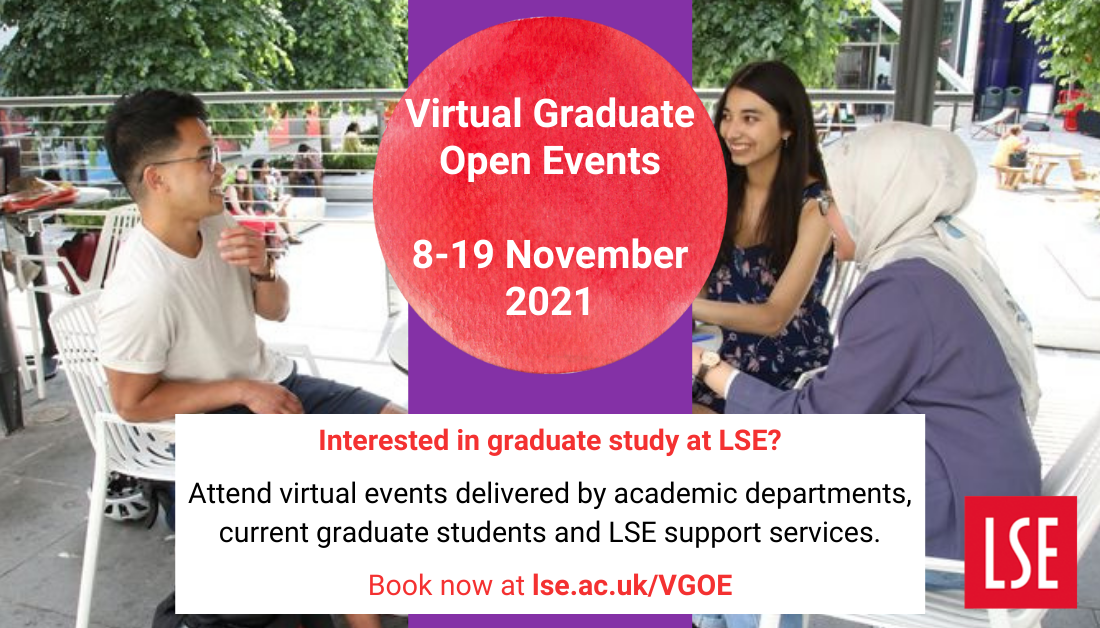So you are thinking of applying for a master’s. I know that you feel like there’s so much that you need to do. From deciding whether this course is the right course for you, from submitting your personal statement, from figuring out funding and accommodation – the list is endless! Where do you start? Figuring out why LSE might be the best place for you to study is perhaps a good place to start. Here are two things I wish I knew before applying for a master’s at LSE. Hopefully, after reading this blog you feel a little more at ease and can make an even more informed decision about studying at LSE!
1) There are so many programmes, pick programmes you think you will enjoy!

It’s almost a given that LSE has a wide range of courses to pick from. So on the surface, this point seems a little meaningless. Yet, the variety of courses to pick from within each department means that it may be helpful for you to review and closely consider the courses on offer in your department of interest.
Take time to attend open days, take some time to look at each programme a department offers and take note of aspects of the course that interest you. Search up the core module of the degree you’re interested in. Read a few academic articles published by the academics facilitating the course. In sum, do a substantial amount of research on the courses that speak to you. You don’t have to know everything about the course, that is both impossible and unrealistic. However, doing a master’s at LSE is relatively costly, so picking a program that deeply speaks to your academic and personal interests is important.
After doing some research, it may be worth shortlisting potential courses and discussing these options with loved ones and friends. Don’t be afraid to email a former lecturer for advice about a master’s. Politely reaching out to current LSE master’s students on LinkedIn may also be helpful to find out more about courses. Ultimately, speaking to people may help to flesh out your interests and better decide which courses you’ll enjoy. Selecting a course that you will truly enjoy will also be helpful to writing an authentic personal statement!
At master’s level, it seems that students are supposed to place greater importance on career prospects rather than enjoyment when picking master’s. However, considering the heavy workload as a postgraduate student, picking a course that you are passionate about can help to motivate you on days when the workload is challenging.
2) It is okay to feel overwhelmed with the application process but you can reach out for help!

Applying for a master’s programme, particularly at LSE, is no easy feat. It is okay and pretty common to feel overwhelmed. Figuring out funding and how to start your personal statement can be a little challenging. Nonetheless, feeling overwhelmed should not deter you from applying for a course that could potentially bring you so many opportunities to learn, push yourself and make life-long friends.
Fortunately, most courses at the School don’t have deadlines for submitting personal statements and offer places on a rolling basis (it’s still important to pay attention to funding deadlines). While it is good to submit your application as early as possible, rolling admissions can mean that you have time to carefully think about how you write your personal statement. So, setting a personal deadline will be helpful to ensuring that you actually write your personal statement (instead of procrastinating, which I am guilty of) and submit it.
Also, don’t be afraid to reach out to friends who have taken a master’s, for advice on how to write a personal statement. One thing I wish I knew is that people are generally willing to help one another. Reaching out and asking for help is definitely something I should have done more during my application.
All in all, researching about the courses offered at LSE and asking questions can help you find out if a master’s at the LSE is the right decision for you. Also, accepting that the application process can be challenging, yet putting personal deadlines in place and being organised helps with calming down any anxiety and stress that comes with applying for a master’s. Ultimately, reaching out for help, asking questions and asking for support where you can find it, especially as a BME person (black and ethnic minority) can make the process of applying easier.
So, if you think LSE offers the right course for you go ahead and apply!






Thank you author for such a nice blog. Keep it up.